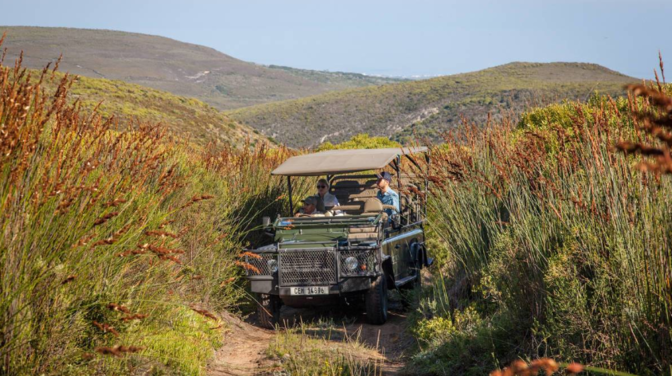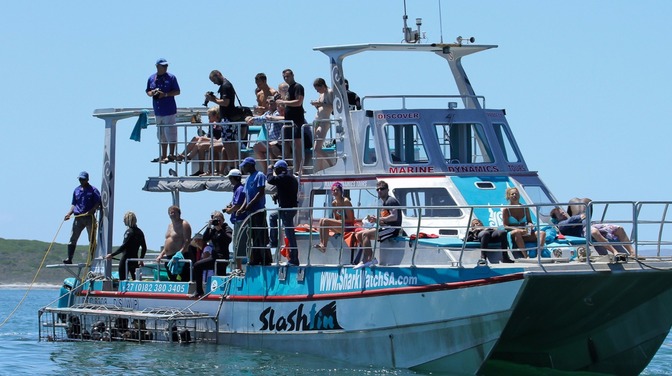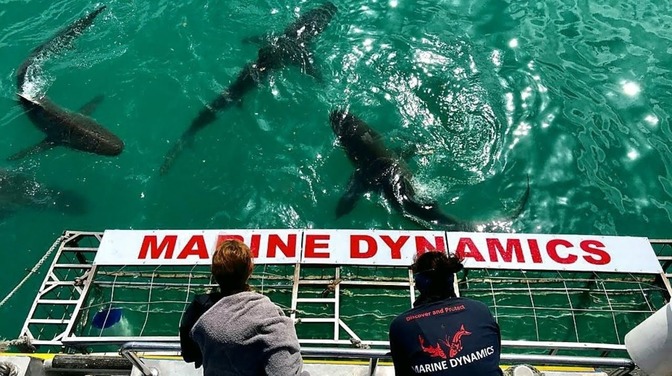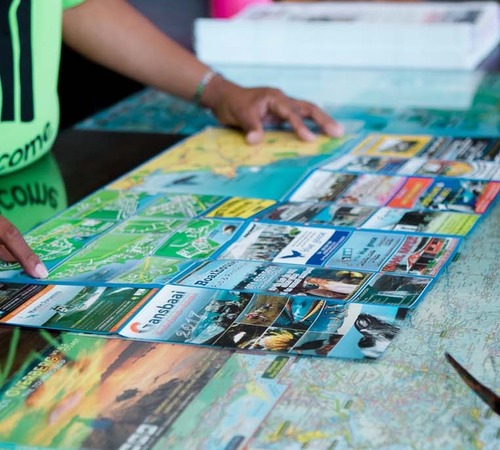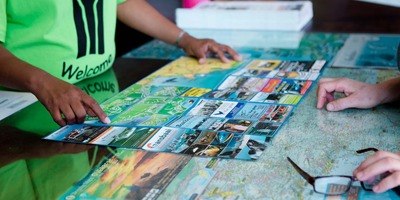An Original Letter Regarding the HMS Birkenhead
This is a transcript of a ‘letter’ by GA Lucas found in the archives of Hilton College, Natal (KwaZulu-Natal) in 1994 by Dr Alan Kayle. He passed a copy to Dr Jeanett Deacon and was permitted to copy it and pass it to those interested. Lucas, who wrote the letter on 17 July 1905, settled in KwaZulu-Natal, and became a magistrate and Chief Magistrate of Durban. He ended his letter as follows: “The above letter is as near as possible a copy of my letter to my father, written as soon as I was sufficiently strong to write. It is only a lad’s letter - I was not 20 then.” - signed by GA Lucas, dated 17 July 1905, and was copied by Maj AGD Gordon in July 1995, with the remark: “I have put in the footnotes. Anything in square brackets [] shows what I have added”.
The letter signed by GA Lucas on 17 July 1905:
(Several parts have been deleted, as the letter is much too long for publishing. A second note is that the facts in the letter were used as provided.)
We left Simon Bay (3) and got well out of the bay before dark. I turned in at 9 o'clock as I was to have the watch on deck from 4 to 8 o'clock. We were then going about 81/2 knots an hour with two boilers. I slept like a top and knew nothing of what happened up to the time I was awakened by three distinct shocks, I started up, and it immediately struck me that we were on a rock. I went on deck (4), and the first person I met at the top of the companion ladder was the ship’s carpenter (5) - I asked him what the matter was. His answer was not very consoling: “We are sinking fast; we have got 13 feet of water in the ship forward.”
I then went below and dressed. When I came back on deck again, I saw Captain Salmon giving orders from the Poop (deck). The ship was rolling at this time so much that it was with great difficulty anybody could stand. We had 9 horses on board; they were kicking and plunging furiously, and several had fallen. Just at that time one of the engineers came up to the poop and reported that water had put the fires out in the Engine Room. Capt. Salmon immediately ordered all the soldiers to come on to the poop.
I had hardly left the boat when the funnel fell on the deck. I had a happy escape there, several of the men were killed when it fell. One poor fellow who got ashore had one eye knocked out of its socket. As I was going “Aft”. (I forgot to say that after the horses were gone overboard, the women and children were put into the “Cutter’ on the port side of the ship.) I had charged off the gangway and had some difficulty in preventing men from getting into the boat. Some two or three did despite me. As soon as almost all the men were on the poop, I went up also. Just at this moment, there was a tremendous crash. The forecastle and bows had broken off a few feet forward of the main mast and gone down (9). The water then reached the forward part of the quarter deck.
I had just taken my clothes off and got over the bulwarks ready for a jump and was making up my mind to dive headfirst when I thought that should I ever get ashore I should be roasted by the sun in the day (10). I once more got over the bulwark and groped for my shirt on the deck and put it on, I again took up my old station. Major Seton was still on the other side of the bulwark, we talked for a little, for a few seconds, and then another tremendous crash was heard. The ship forward of the mainmast broke off, and went down the remaining part, that “Aft” of the mainmast remained but was sinking fast. Poor Major Seton said to me: “Now Lucas, you had better go, there is no use in waiting.” We shook hands, I said I hoped we should meet ashore, and he told me that (he) could not swim. When I turned my head to look, I saw nothing but the mainmast and yard. When I left the ship many poor fellows in the “Mizzen Rigging” must have been drowned at once.
I swam about 100 yards then caught hold of a piece of wreck, rested, then struck out for a large white object, 50 yards off perhaps. It turned out to be one of the paddle box boats turned keel uppermost. I found on it 5 soldiers and a sailor. We were now in comparative safety, we were, however, much afraid of being carried out to sea instead of to land.
When we were about a mile from the wreck an oar passed us and when about 50 rads off the sailor said it was gone but that it would have been of great use to us. I asked the men if they would go for it. They all said “No”. I was the best swimmer although very tired. As they thought it would be of use to us, I jumped into the water, got hold of the oar and turned towards the boat. It then struck me that perhaps I should not be able to catch the boat up again. I assure [you] that my feelings were not of a pleasant kind, the men cheered me. I struck out and reached the boat.
The reef runs a long way into the sea. I had got to the extreme point. I lay down for some time and then crawled towards the beach, far back I could note. The rocks were sharp and full of shells. My feet and legs from hips downwards were cut and scorched by sea and sun. I crawled as best I could on my hands and knees. I thought I had no more water to cross to reach the beach but to my horror, I found the reef broken by a piece of water. It seemed at least 100 yards wide but shallow. I tried to wade it but went over my head. I had sufficient strength to swim to the rocks on opposite side, clutched a rock and partially dragged myself up. One of the men of my own company (14) came and helped me up to the sandy beach where there was a patch of grass. I lay down and went to sleep.
Thirst was just knocking us up: to my great relief a wagon was seen near the beach. It was wonderful how renewed life we got from the prospect of water. We reached the wagon that belonged to a Dutch farmer. He had come to the coast to catch fish. Nothing could exceed this man’s kindness. With the help of German, I explained our position. He gave us water and all the fish he had caught, then pointed out the way to Stanford Cove, a fishing station for those who could walk further. I remained with those men who were like myself, unable to go on. One poor fellow had his legs bruised, in fact, a mass of bruises.
Being unable to move I remained for some time at the farm until quite recovered. For a week or more my knees were drawn up I suppose by the sun and salt water. I began to think I should never have the use of my legs again. I can never say enough of the kindness of Capt. and Mrs Smailes. Had I been their son better care could not have been taken of me. Twice a day I was put into a hot bath and then rubbed with coconut oil. One morning when I awoke to find I could stretch my legs was delightful. (18) The Schooner Lioness took 40 men of [off] the wreck the morning after we struck but the Capt. did bit send his boats inshore. Had he done so many more men might have been saved.

